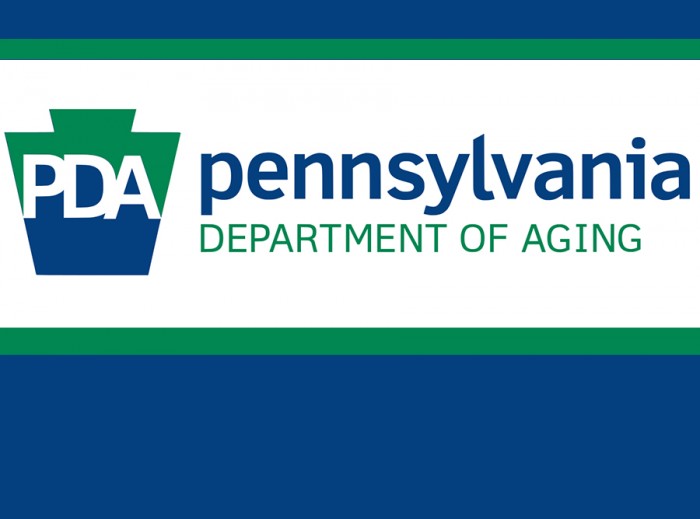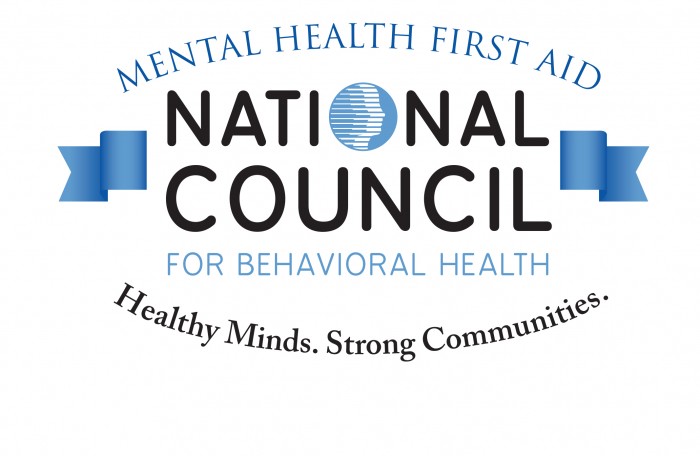FOR IMMEDIATE RELEASE
June 11, 2020
Harrisburg, PA – Today, Department of Community and Economic Development (DCED) Secretary Dennis Davin announced that new funding is available to 60 Pennsylvania counties under the COVID-19 County Relief Block Grant.
“As Pennsylvania continues on its road to recovery after efforts to mitigate the spread of COVID-19, it is critical that we provide any and all assistance to Pennsylvania’s communities and businesses in a widespread and expedient manner,” said Sec. Davin. “This new funding will help Pennsylvania’s counties repair, recover, and reimagine the future that is waiting post-COVID-19.”
Guidelines, applications, and eligible counties can be found here.
Under the program, $625 million was made available to Pennsylvania counties in Coronavirus Aid, Relief, and Economic Security (CARES) Act funding in the form of block grants administered by DCED. This funding may be used to offset the cost of direct county COVID-19 response, assist municipalities with COVID-19 response and planning efforts, fund nonprofit assistance programs, and deploy broadband to unserved or underserved areas.
Eligible expenditures must have been incurred between March 1, 2020 and December 30, 2020. Formula-driven funding will be made available to the 60 counties that did not previously receive direct assistance via the CARES Act, with a minimum allocation of $1 million. The counties that have already received direct assistance are Allegheny, Bucks, Chester, Delaware, Lancaster, Montgomery and Philadelphia.
Applications must be received by June 16, 2020. All applications for the County COVID-19 County Relief Block Grant must be completed and submitted online using DCED’s Single Application at dced.pa.gov or www.esa.dced.state.pa.us. Paper applications will not be accepted.
Applicants should carefully follow instructions outlined in the online Single Application and provide requested information. Questions can be directed to DCED Customer Service at 1-800-379-7448 or [email protected].
The CARES Act was passed by Congress and signed into law on March 27, 2020. The $2 trillion economic relief package aims to protect the American people from the public health and economic impacts of COVID-19. The CARES Act provides economic assistance for local governments and American workers, families, and small businesses.
For the most up-to-date information on COVID-19, Pennsylvanians should follow https://www.pa.gov/guides/responding-to-covid-19/.
MEDIA CONTACT: Casey Smith, [email protected]
###















